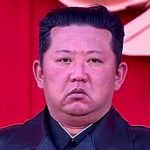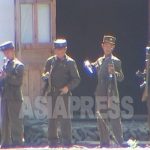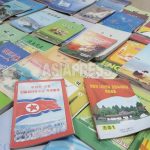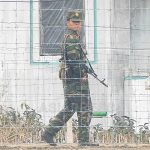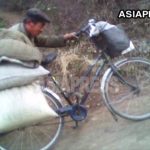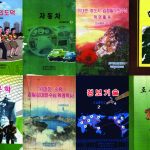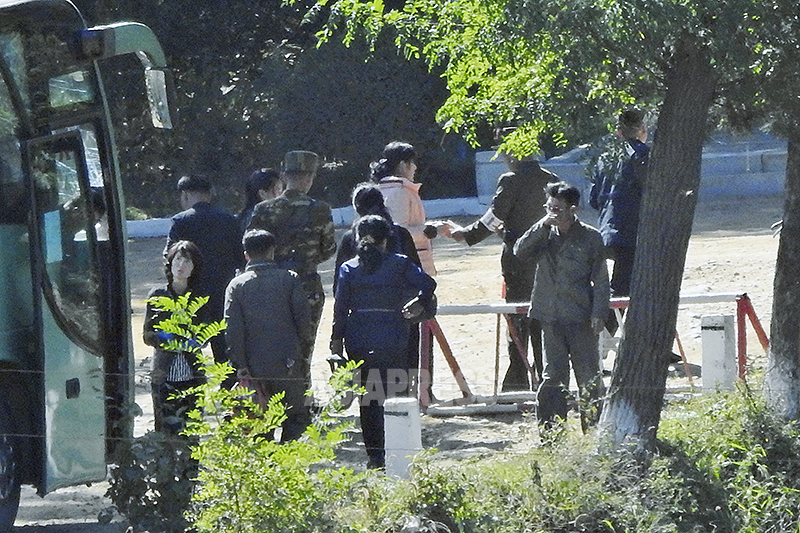
◆ Frequent smuggling and defection attempts lead to martial law-type situation
Starting in November, the Kim Jong-un regime shifted the nighttime curfew in Yanggang Province from 7 PM to 6 PM. The province, which is situated along the North Korea-China border, is under conditions akin to martial law following an order by the leadership to eliminate smuggling activities and defections, which have become a frequent occurrence starting in early October. ASIAPRESS reporting partners in the country contributed to the following report. (KANG Ji-won / ISHIMARU Jiro)
◆ Anyone approaching border will be “fired upon unconditionally”
Several reporting partners in Yanggang Province provided information about the new curfew. They told ASIAPRESS that in Hyesan, the province’s administrative center, local authorities are blowing whistles starting at around 5 PM to encourage people to return home, and that local markets close by 6 PM. Smuggling and defections typically occur during the nighttime, so the authorities are trying to prevent people from leaving their houses during the night.
As part of its stated efforts to prevent the spread of COVID-19 into the country, the Ministry of Social Security handed down an order to areas along the border (including North Hamgyung, Chagang, and North Pyongan provinces) on August 25, 2020, that declared, “No behavior that disrupts the border blockade operation in the northern region will be tolerated.”
The order declared that “anyone approaching the border will be unconditionally fired upon,” while also stating that “nighttime curfews will be in effective from 8 PM to 5 AM through April to September and from 6 PM to 7 AM through October to March.”
However, starting in August, after North Korea faced an explosive COVID-19 outbreak, quarantine restrictions were loosened somewhat. This led to rising hopes among North Koreans that they could restart their economic activities. Even at the very start of October, the curfew (8 PM) remained unchanged.
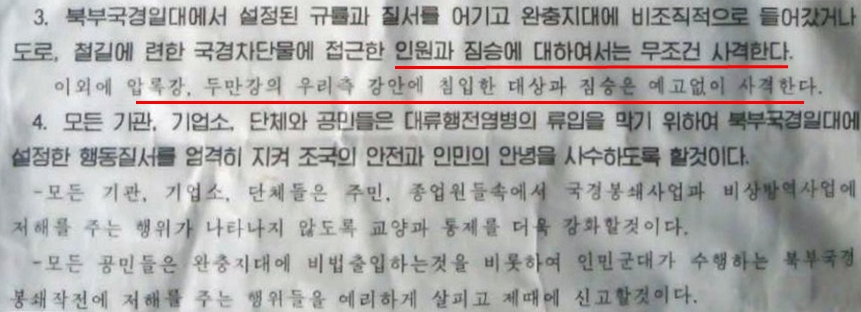
◆ Authorities crackdown heavily on smuggling and defections
Starting in early October, however, the situation shifted. The authorities caught numerous people smuggling and trying to defect across the border to China in Bochon County, Samjiyon City, and Kimhyungjik County. Starting in November, the authorities changed the curfew to 6 PM. A reporting partner gave this report about the brutal atmosphere came over the region.
“We must quickly return to our homes, which remain without lights because of electricity shortages. In the streets, police and security officers have started conducting patrols in the nighttime to crackdown on illegal behavior. There are disciplinary teams patrolling the streets, too.”
※ Disciplinary teams crackdown on violations of social norms. They are made up of students and members of youth and women’s organizations.
“Anyone leaving their homes after 6 PM are unconditionally arrested and interrogated at police stations. They aren’t sent home until the authorities have confirmed where they were going to go; if confirmation is impossible, they aren’t sent home. There have been cases where people who went out with their sick kids to get treated with acupuncture at night were arrested and held in detention all night because the officials thought they were trying to cross over into China.”
While people are very discontented about the situation, the leadership has told agencies charged with cracking down on curfew violators to ensure that “no further cases of smuggling or defections will occur in the border region.”
◆ People trying to smuggle despite restrictions are “heroes”
The authorities haven’t just enacted an earlier nighttime curfew.
Yanggang Province is situated on a narrow part of the Tumen River, which makes it a hotbed for land-based smuggling and defections. ASIAPRESS reporting partners say that the river’s banks are closed off with high-voltage wire fences, and that surveillance cameras are installed everywhere. Border security units patrol the banks every 15 minutes, and occasionally they fire at people trying to cross over into China. There are rumors that mines are buried in some areas, although it’s not clear if that is true.
“The authorities are warning that anyone crossing over into China will have a 100% chance of being caught because the Chinese also have checkpoints setup to prevent the spread of COVID-19. Despite the substantial barriers in their way, smugglers risk their lives to do smuggle things because they have no other way to survive. I think they are true heroes.”
Meanwhile, a reporting partner told ASIAPRESS that Musan County and Hoeryong, areas of North Hamgyung Province bordering China, began implementing a nighttime curfew starting from 7 PM on November 12.
※ ASIAPRESS smuggles Chinese cellphones into North Korea to maintain communication with its reporting partners.
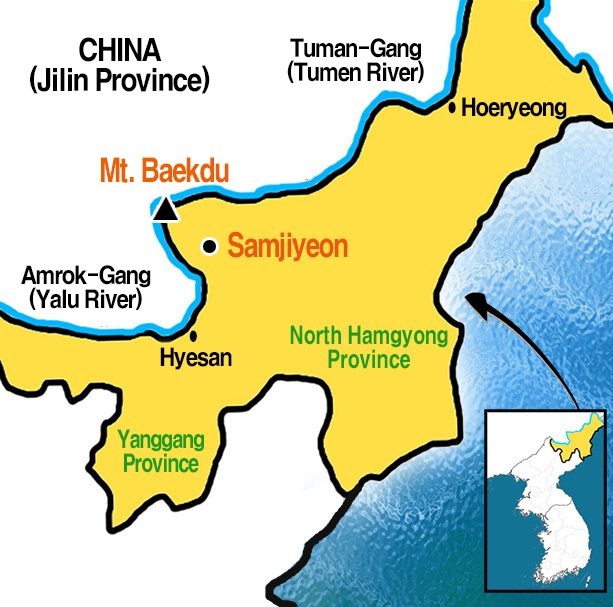
- <Inside N. Korea>What happened to N. Korea’s cash vouchers “tonpyo”?
- <Inside N. Korea>N. Korea takes issue with high school students taking videos of kissing, dancing, fighting, and harassing the homeless
- <Inside N. Korea> Chinese vaccines administered to N. Koreans in cities near Chinese border, leading to high hopes about restart of trade
- <Inside N. Korea> Smuggling appears to restart on the China-North Korea border…Would-be defectors are caught, and trading companies start “state-led smuggling”
- <Inside N. Korea> High school students enter farm fields to steal crops to survive…Government officials check whereabouts of students who miss class
